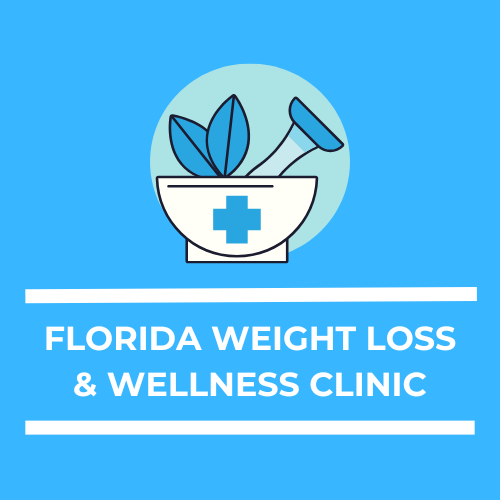
Polycystic Ovary Syndrome (PCOS) is a common hormonal disorder affecting women of reproductive age, characterized by irregular periods, excess adrogens, and cysts on the ovaries. While it can be managed, PCOS is not curable and often starts during adolescence. It can lead to infertility and is a leading cause of anovulatory infertility.
Here’s a more detailed overview:
Key Aspects of PCOS:
- Hormonal Imbalance: PCOS is primarily a hormonal condition, often involving excess androgens (male hormones) in the body.
- Ovulation Issues: Women with PCOS may have irregular periods or experience anovulation, meaning they don’t ovulate (release an egg) regularly.
- Cysts on Ovaries: The term “polycystic” refers to the presence of numerous small, fluid-filled sacs (follicles) on the ovaries.
- Other Symptoms: PCOS can also cause symptoms like excessive hair growth (hirsutism), acne, weight gain, and insulin resistance.
- Infertility: Due to irregular ovulation, PCOS can be a significant factor in infertility.
- Long-Term Risks: Women with PCOS may have an increased risk of developing type 2 diabetes, heart disease, and other health complications.
Management and Treatment:
- Lifestyle Changes:Diet, exercise, and weight loss can help manage PCOS symptoms and reduce the risk of long-term health problems.
- Medications:Medications may be prescribed to regulate periods, reduce androgen levels, or manage other symptoms like insulin resistance.
- Fertility Treatments:If fertility is a concern, various treatments like ovulation induction or assisted reproductive technologies (ART) may be considered.
Diagnosis:
- Medical History and Physical Exam: A doctor will assess symptoms and medical history.
- Blood Tests: Blood tests can help determine hormone levels, including androgens.
- Ultrasound: An ultrasound may be used to visualize the ovaries and look for cysts.
It’s important to note: While the exact cause of PCOS is unknown, it’s believed to be a combination of genetic, environmental, and lifestyle factors.

